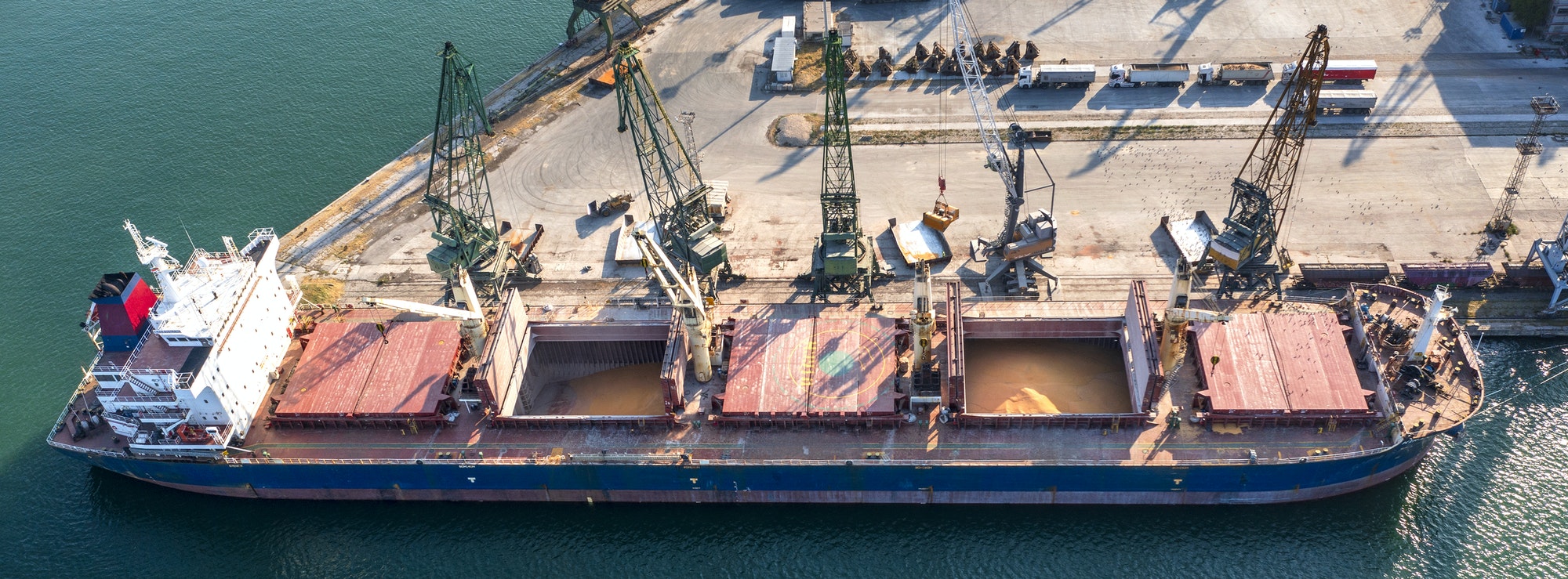How can UK businesses legally manage export controls when dealing with dual-use goods?

As UK businesses expanding into the global marketplace, navigating the complex landscape of export controls can be a daunting task. This is especially true when dealing with dual-use goods — items that can have both civilian and military applications.
The regulation of dual-use goods is a critical aspect of international trade and security policy, with a focus on preventing the proliferation of weapons of mass destruction and other military technology. It's paramount for businesses to comprehend these nuances to avoid legal complications and sanctions.
A découvrir également : What legal considerations should UK companies have when establishing a corporate social responsibility policy?
Understanding how to gain the necessary licences and staying compliant with the ever-evolving regulations is essential. Today, we shall delve into the vital aspects of how your business can legally manage export controls when dealing with dual-use goods.
Understanding Dual-Use Goods
The term "dual-use goods" refers to products and technologies that, while primarily designed for civilian use, can potentially be used for military purposes or contribute to the proliferation of weapons of mass destruction.
Avez-vous vu cela : What steps must UK companies take to legally employ foreign nationals from outside the EU?
Understanding the nature of dual-use goods is the first step towards ensuring regulatory compliance. As such, your business should be aware of the items that fall under this category. Some examples of these are nuclear materials, chemicals, certain types of software and technology.
An item's dual-use status depends on its specifications rather than its actual use. Therefore, even if your business exports an item for civilian purposes, it could still be subject to dual-use controls if it meets certain technical specifications.
Getting Acquainted with Export Controls
Export controls are legal and administrative procedures that nations implement to regulate the international shipment of certain goods, services, and technology. These are in place to fulfil foreign policy objectives, prevent the spread of weapons and military technology, protect national security, and uphold international peace.
In the UK, the Export Control Joint Unit (ECJU) oversees these regulations. It provides guidance to businesses on whether they need an export licence and how to apply for one. Familiarizing yourselves with the ECJU and its services will help your business navigate export controls effectively.
Applying for an Export Licence
If your business deals in dual-use goods, obtaining an export licence is often a prerequisite for operation. There are several types of licences that UK businesses can apply for, depending on the nature of the goods being exported and the intended recipient.
For example, an Open General Export Licence (OGEL) allows for the export of certain controlled goods to specific destinations. However, it comes with strict conditions and compliance checks. On the other hand, a Standard Individual Export Licence (SIEL) is required for the export of controlled goods to any destination, and each licence is valid for a single shipment.
The application process for obtaining an export licence involves submitting a detailed specification of the goods to be exported, including their end use and end user.
Ensuring Compliance with Export Controls
Ensuring compliance with export controls requires a comprehensive understanding of the regulations. Your business should implement robust internal controls to identify controlled goods, record transactions, ensure appropriate licences are in place, and report to the relevant authorities as required.
In some cases, businesses may need to invest in software or hire a compliance officer to oversee these processes. Regular training for relevant staff members on export control regulations and updates is also crucial.
Remember, ignorance of the law is not a defence. Non-compliance can result in severe sanctions, including fines, imprisonment, and damage to your business's reputation.
Navigating Sanctions and Embargoes
Countries or international bodies may impose sanctions or embargoes on certain goods or destinations due to political, security, or human rights concerns. These measures restrict trade and can affect your business operations.
Before exporting any goods, it's vital to check the UK Sanctions List and the consolidated list of strategic military and dual-use items that require export authorisation. This will help your business avoid inadvertently breaching sanctions or embargo rules.
Understanding and complying with export controls when dealing with dual-use goods is a complex, yet necessary, part of conducting business internationally. As a responsible business, staying informed and vigilant is your best defence against non-compliance and its consequences.
Managing Export Controls Post-Brexit
The impact of Brexit on export controls and regulations is a significant consideration for UK businesses. The UK's withdrawal from the European Union changes the landscape of export control, particularly for dual-use goods. Understanding this impact will help you navigate these changes and stay compliant.
Post-Brexit, the UK is no longer a part of the EU's customs union and single market. This means that EU's dual-use regulation does not apply directly to Great Britain (England, Scotland, and Wales), but remains in place for Northern Ireland under the Northern Ireland Protocol. Therefore, businesses in Great Britain are subject to the UK's Export Control Order 2008 and subsequent legislation, while those in Northern Ireland must comply with EU's dual-use regulation.
This distinction not only impacts the regulations businesses must comply with but also the licensing requirements. For instance, businesses in Great Britain must apply for an export licence from the UK authority - the Export Control Joint Unit (ECJU), while those in Northern Ireland must apply through the EU's licensing system.
Furthermore, the UK's departure from the EU means that the UK has the autonomy to adapt its export control regulations as it sees fit and impose its own sanctions and embargoes. It's crucial for businesses to stay updated on these changes to ensure compliance.
As for dual-use goods, the UK now has its own list - the UK Strategic Export Control Lists, which includes military and dual-use items that require an export licence. Businesses should familiarize themselves with this list to ascertain if their goods fall under the controlled category.
Conclusion
The international trade of dual-use goods presents a complex regulatory landscape that UK businesses must navigate carefully. Understanding the nature of dual-use goods, the implications of export controls, and the requirements for obtaining an export licence are vital first steps. Post-Brexit, this complexity has increased, with different rules applying in Great Britain and Northern Ireland, and new UK-specific regulations and control lists.
However, with diligent research and the implementation of robust internal controls, it is entirely possible for businesses to manage export controls legally and effectively. Regular training for personnel, staying updated on regulatory changes, and maintaining an open line of communication with the ECJU will go a long way in ensuring compliance.
Non-compliance can result in severe repercussions, including monetary fines, criminal charges, and damage to business reputation. Therefore, compliance isn't just a regulatory requirement - it's good business practice.
As the global marketplace continues to evolve, so will the regulations governing international trade. Therefore, businesses must remain adaptable, informed, and vigilant. Although managing these regulations can seem daunting, it's a challenge that businesses must embrace to succeed in the global market.
